
-
Feeling the Rainbow: LGBT Rights and Reforms
Read more: Feeling the Rainbow: LGBT Rights and Reformsby Senthorun Raj Do I feel proud? This was a question I reflected on recently while gathered with several sweaty […]

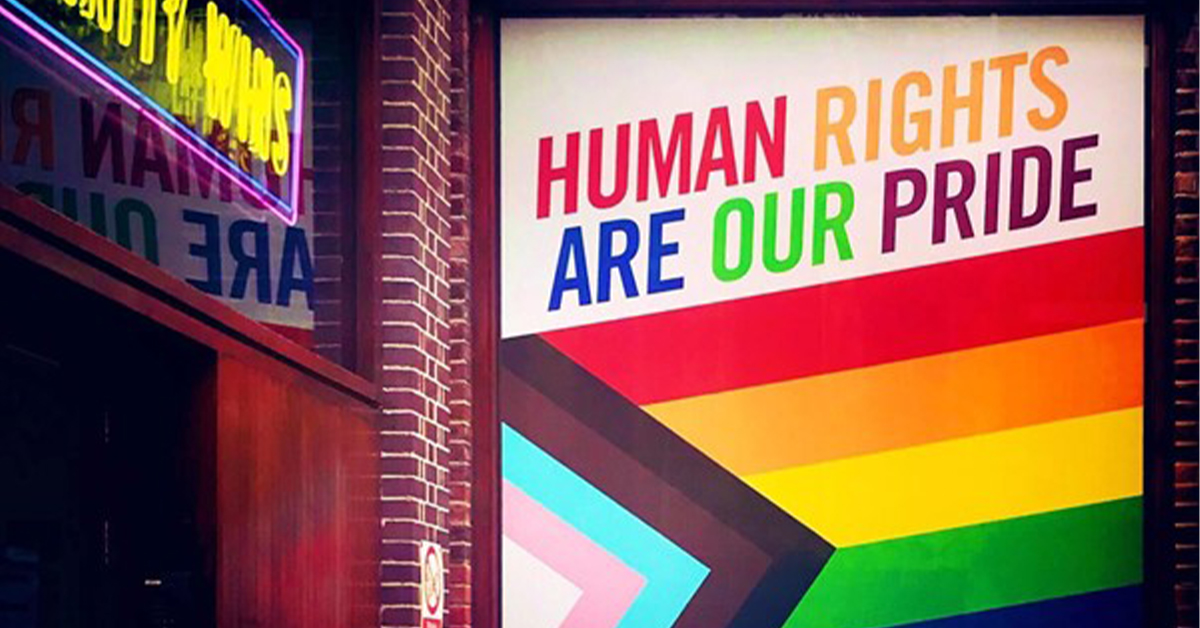
by Senthorun Raj Do I feel proud? This was a question I reflected on recently while gathered with several sweaty […]
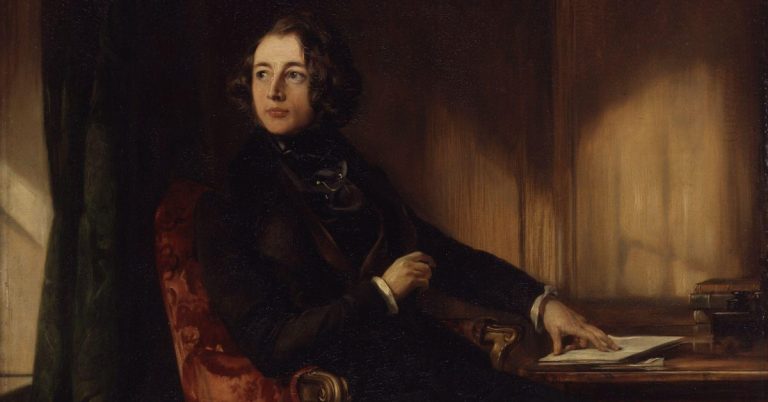
The editors of The Plays of Charles Dickens discuss five arguments in defense of Dickens's dramatic works.
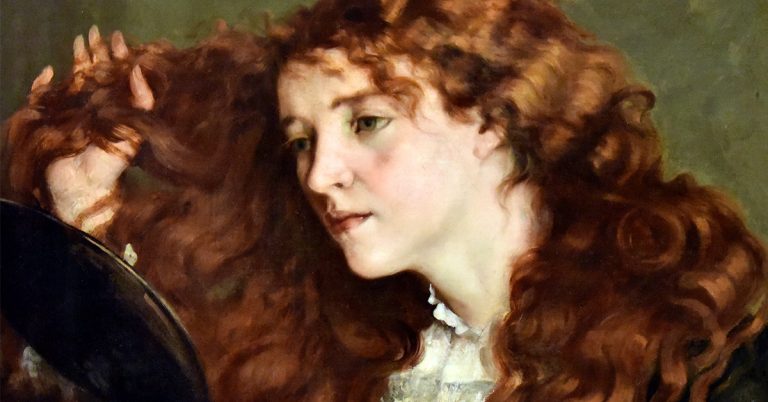
Jane Elizabeth Dougherty discusses the Irish female developmental story.

Stuart Dunmore discusses his motivations for researching new Gaelic speakers, and the incredible places and experiences this led to.

Maciej Kurzynski discusses how embracing new language models can revolutionise literary studies.
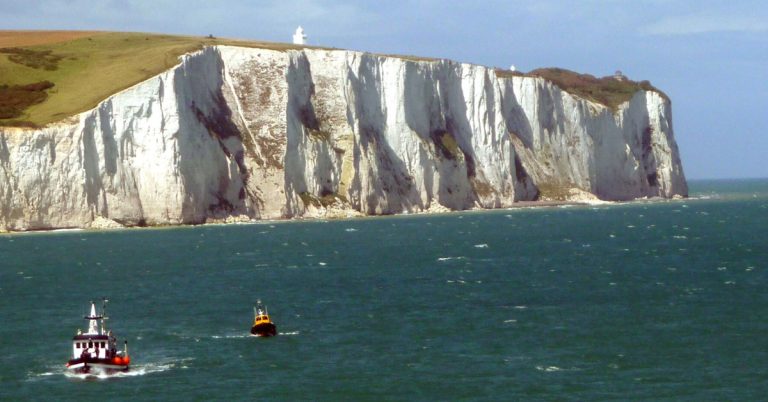
What is the point of the connection between sea power and liberty?

by A. Robert Lee In this ambitious new study A. Robert Lee tackles the question of how, and why, a given selection of English literary writings can assume the mantle of “modern.” To this end Moderns – Chaucer to Contemporary…

A Q&A with Jenna Clake, author of Whiteness, Feminism and the Absurd in Contemporary British and US Poetry.
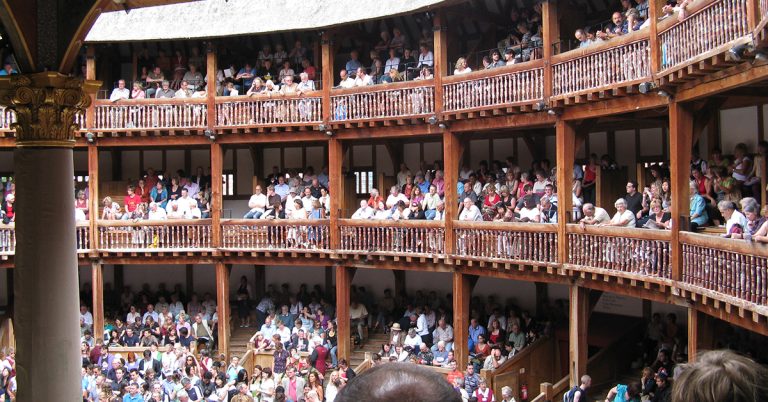
by Jeffrey Knapp The first speaker in one of Shakespeare’s earliest plays is not a prince, like Hamlet, or a lover, like Juliet, or a warrior, like Macbeth. He’s a drunken beggar. And he’s incensed that the hostess of the tavern…

by Caroline McCracken-Flesher In Provost Pawkie’s Gudetown readers hear the town clock tick just once. The city fathers gather at the council chamber. “[The] town was lying in the defencelessness of sleep,” Pawkie remembers, “and nothing was heard but the…